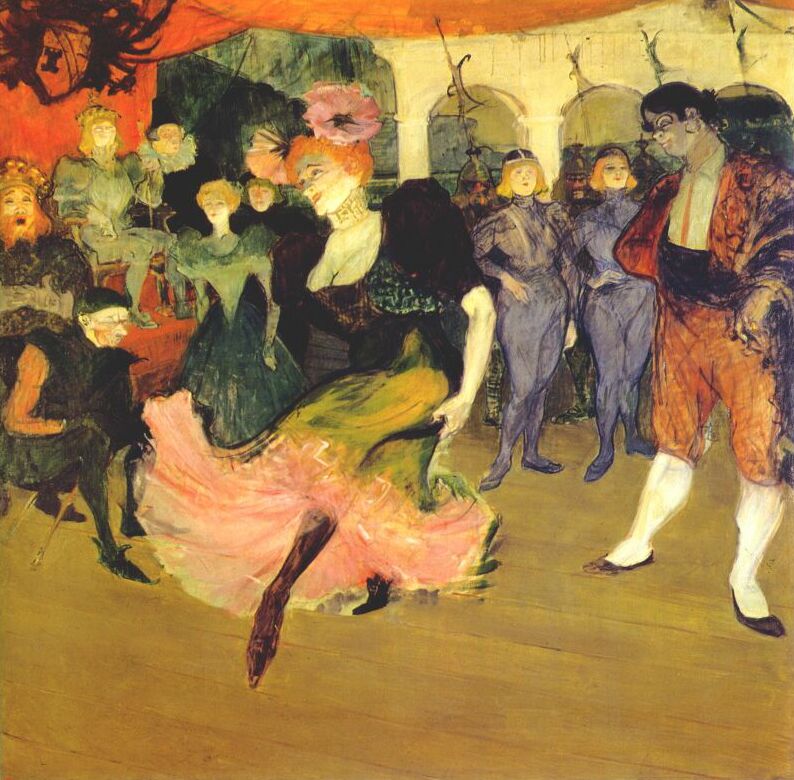There’s only one way to do magick – the right way
Mage Music 11: No Shortcuts No Substitutions
The Mage business is a lonely business. The quest for enlightenment is a one-person job involving one person’s life and soul. Even a Mage Musician performing in front of immense crowds, surrounded by a band, the venue’s crew, the entourage, the groupies and fans, is a solitary figure; the others cannot share directly in the Mage’s ultimate quest.
A musician needs to be in a relationship with music – it’s often a love/hate relationship, but it is a personal one of high intensity. A musician needs also to be master of the instrument used to create the music, be it guitar or voice, drums or keyboard, flute or
didgeridoo, and to move beyond the techniques of the music to the artistry of it.
As has been discussed in previous MAGE MUSIC posts, the Mage needs to generate a powerful desire and focus, and to be the master of the ritual used to bring about the magickal transformation. The specific ritual is not the carrier of the Magick, but a way of focusing the Mage’s desire; even so, the ritual must be pure enough that it allows the Mage to focus without distraction, for the Mage, too, must move beyond the techniques in order to achieve the Magick.
The greater the mastery of the instrument and the ritual, the less attention the Mage Musician needs to spend on them, allowing for greater focus on the desire. The music itself is a Mage Musician's ritual. For any kind of Magery, ritual can be as simple or complex as it needs to be to create the focus. There’s no one perfect ritual for any circumstance, and as discussed in
Sorcerer’s Apprentices, Part 1, a Mage can even have help performing rituals.
Still, there are no shortcuts or substitutions for all the required parts. Weak desire cannot be made up for by powerful focus and ritual. No one part can be lacking to generate the Magick. Still, there are ways to multiply a Mage’s efforts to build power where, for instance, apprentice/partners are not available and where the Mage alone cannot generate sufficient power.
Multiplying power
Like an artist layering paints, a Mage can layer rituals to create one powerful ritual that can carry the desired Magick. When this is done, however, each layered ritual must be as perfect and powerful as possible, so that even though it only focuses a portion of the desire of the Mage, it still does so perfectly: In Magick, the sum can be greater than the parts, but only when the parts are great in themselves.
Tea For One from the studio album,
Presence (1976), when compared to a later version of the song by Jimmy Page and Robert Plant in Tokyo in 1996, provides an instructional example of this principle (see playlist below). According to Led Zeppelin expert, Dave Lewis in
The Complete Guide to the Music of Led Zeppelin, Omnibus Press, 1994*
Tea for One was never played live in its entirety at Led Zeppelin concerts. This is simply because Mr. Page layered multiple guitar parts in the studio version, a technique that couldn't be duplicated on stage by the four musicians alone.
More importantly for the understanding of Mage Music, the 1996 version, although masterfully performed by Mr. Page and Mr. Plant and the other musicians, is a very different song - it lacks the Magick. Why? Because instead of layering the Magickal riffs of Jimmy Page one on the other as with the studio version, an orchestra is used as a substitute for the multiple guitar parts.
 |
M.C.Escher: Circle Limit IV
(Heaven and Hell) |
"My vocation is more in composition really than anything else - building up harmonies using the guitar, orchestrating the guitar like an army, a guitar army."
Jimmy Page Interview by Steven Rosen , Modern Guitar Magazine, 1977 Tea For One is a clear example of that orchestration, and a powerful example of the difference between music overlaid with and bearing Magickal ritual and music as entertainment.
In the 1976 studio version, Jimmy Page is playing guitar with the very best, including, through his own studio orchestration magic, performing duets with himself.
Tea For One is blues at its most classic, loaded with pain and loneliness. It is a song that carries Magick, which is made clear in comparison to the 1996 version where the immediacy of the pain and loneliness - and the added layer of Magick that uses and amplifies that emotion - is missing. The difference between the songs is that in the two decades later version, the orchestra detracts rather than adds to the Magickal aspect because what the orchestra replaces is not just some guitar layers, but Jimmy Page's layered guitar Magick.
This is a piece of Mage Music that the Mage cannot carry alone, and where no substitutes will do - not if Magick is going to be accomplished.
-----
Mage Music
YouTube Playlist – Tea For One
As always, additional links are appreciated
----
*Now available: Updated complete guide to Led Zeppelin,
From A Whisper To A Scream by Dave Lewis
----





